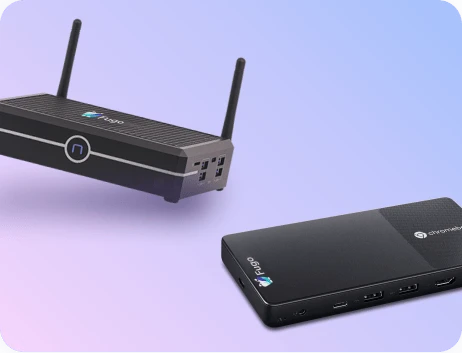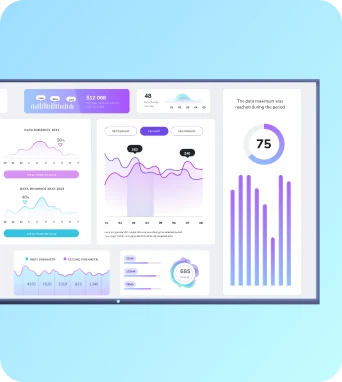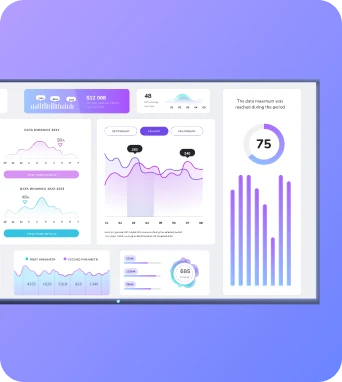Shelf signage systems
What is Shelf signage systems?
Technical Components of Shelf Signage Systems
Shelf signage systems are composed of several key technical components that work together to deliver dynamic content to customers. At the core of these systems are digital displays, which can range from simple LED screens to more advanced LCD or e-ink panels. These displays are designed to be energy-efficient and durable, capable of withstanding the rigors of a retail environment. The displays are connected to a central content management system (CMS), which allows retailers to control and update the information displayed on each screen. This CMS can be accessed remotely, enabling store managers to make changes quickly and efficiently without the need for physical adjustments. The integration of sensors and data analytics tools further enhances the functionality of shelf signage systems. Sensors can detect customer interactions, such as when a product is picked up, and trigger specific content to be displayed. This interactivity not only engages customers but also provides valuable data on consumer behavior, which can be used to optimize marketing strategies. Additionally, shelf signage systems often incorporate wireless connectivity, allowing them to be part of a larger network of digital signage throughout a store. This connectivity ensures that all displays are synchronized and can be updated simultaneously, maintaining consistency across the retail environment.
Implementation in Retail Environments
The implementation of shelf signage systems in retail environments offers numerous practical applications that benefit both retailers and customers. One of the primary advantages is the ability to provide real-time updates on pricing and promotions. This capability is particularly useful during sales events or when introducing new products, as it allows retailers to quickly adjust information to reflect current offers. By reducing the reliance on printed signage, retailers can also decrease operational costs and minimize waste, aligning with sustainability goals. Shelf signage systems also enhance the customer experience by delivering personalized content. For example, by integrating with loyalty programs or mobile apps, these systems can display tailored promotions or recommendations based on a customer's shopping history or preferences. This level of personalization not only increases customer satisfaction but also encourages repeat visits and brand loyalty. Furthermore, shelf signage systems can improve operational efficiency by streamlining inventory management. By linking digital displays with inventory databases, retailers can ensure that the information presented to customers is always accurate, reducing the likelihood of pricing errors or stock discrepancies. This integration also allows for automated alerts when stock levels are low, enabling timely restocking and preventing lost sales opportunities.



